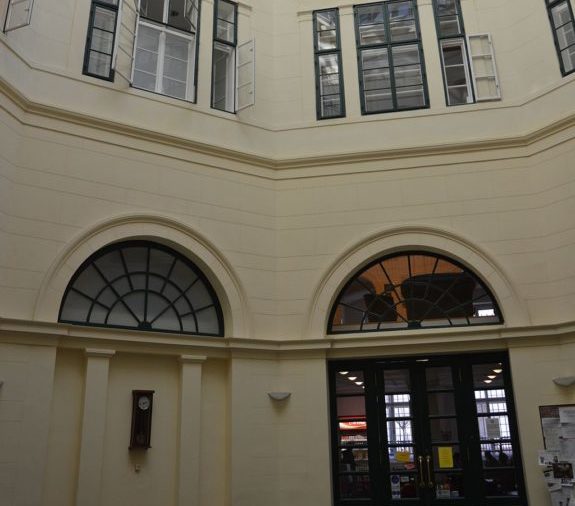
March 29, 2017; Bloomberg
Hungarian leaders continued their assault on civil society this week with philanthropist George Soros still squarely in their sights. Legislation proposed by the right-wing Fidsez government as part of their self-proclaimed “spring offensive” targets foreign educational institutions, like the Soros-funded Central European University, with tighter regulations. With further crackdowns planned on NGOs, will the European Union step in?
Both Soros and U.S. leaders expressed outrage over the new proposal, although the Hungarian-born billionaire is a frequent punching bag of America’s conservative leaders and the current administration.
“The United States is very concerned about the legislation proposed by the Hungarian government yesterday that would severely impact the operations of the Central European University in Budapest,” U.S. Charge d’Affaires in Hungary David Kostelancik said in a statement to Bloomberg. The U.S. “opposes any effort to compromise the operations or independence of the University,” he said.
As NPQ reported, the U.S. commitment to protecting human rights at home and abroad was recently called into question when Secretary of State Rex Tillerson downplayed the release of the annual Human Rights Report.
Soros is also a controversial figure abroad, where he has offices of his Open Society Foundations running in 37 countries. In the European Union, he has been particularly vocal about member states doing their part to relieve the international refugee crisis, which is at odds with the anti-refugee policies of Hungary under Prime Minister Viktor Orbán.
Sign up for our free newsletters
Subscribe to NPQ's newsletters to have our top stories delivered directly to your inbox.
By signing up, you agree to our privacy policy and terms of use, and to receive messages from NPQ and our partners.
Orbán, who has vowed to purse an “illiberal democracy” modeled on those in Russia and Turkey, is stepping up a campaign to sideline opposition voices, Bloomberg reported. One of Europe’s strongest advocates of U.S. President Donald Trump, the former anti-communist student leader has overseen the most extensive centralization of power in Hungary since the fall of the Iron Curtain after returning to office in 2010.
Soros founded Central European University in 1991 at a time when “revolutionary changes were throwing off the rigid orthodoxies imposed on Central and Eastern Europe,” and the Budapest campus now serves about 1,400 students from 130 countries. Ironically, Orbán was once an ally and beneficiary of Soros’ largesse before moving rightward.
CEU President and Rector Michael Ignatieff decried the new restrictions in a statement, saying, “Any legislative change that would force CEU to cease operation in Budapest would damage Hungarian academic life and negatively impact the government of Hungary’s relations with its neighbors, its EU partners and with the United States.”
Although other countries including Russia and Uzbekistan have targeted Soros-funded organizations, as Bloomberg noted, Hungary is in a much different position.
The director of the Open Society Initiative for Europe, Goran Buldioski, focused on the implications for democracy across the EU in an interview with the Irish Times.
“This is a test for European values and democracies,” he said. “If an EU government feels free to attack civil society…it creates a really bad precedent, and I feel the EU should not only take note but take action.”—Anna Berry










